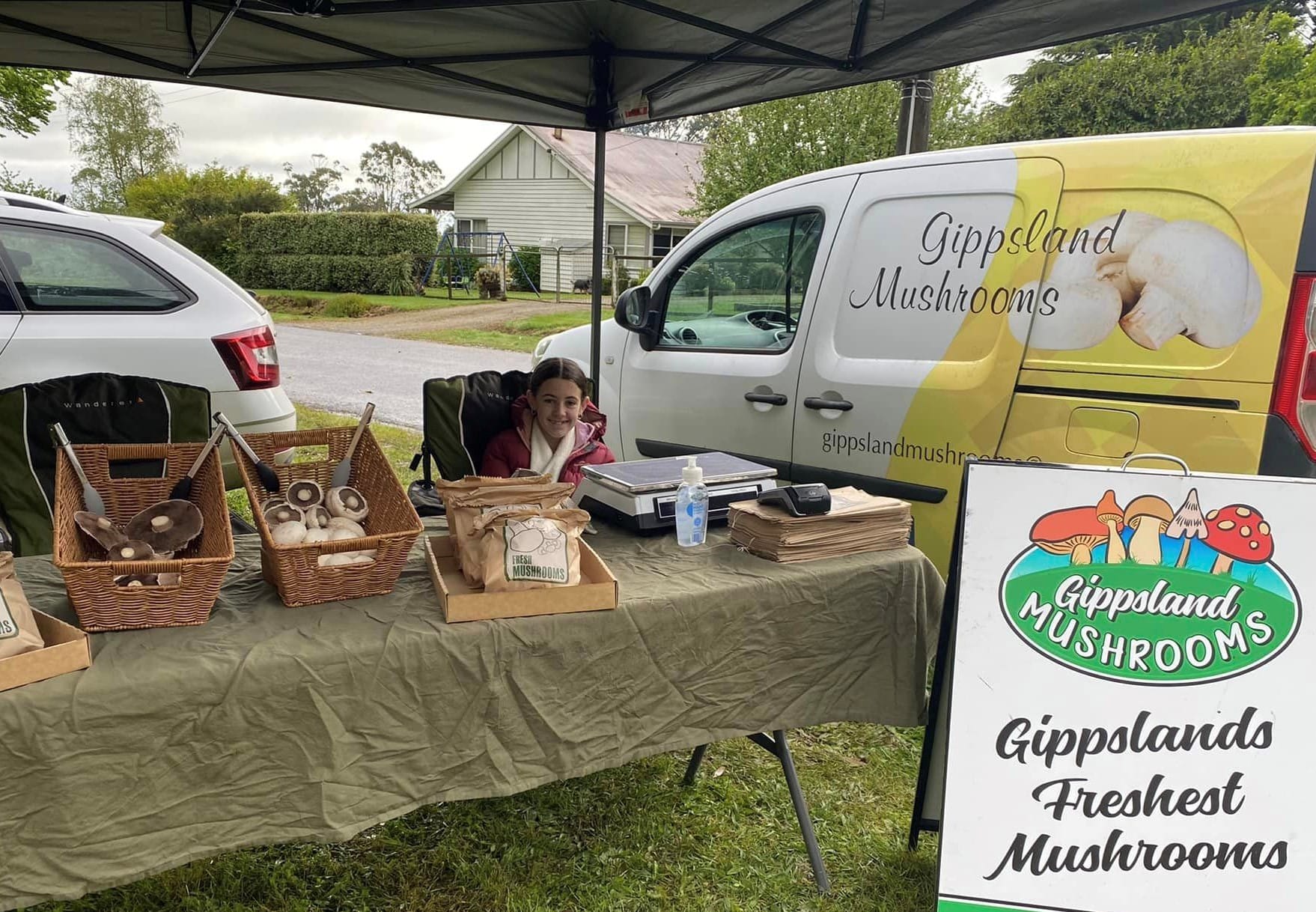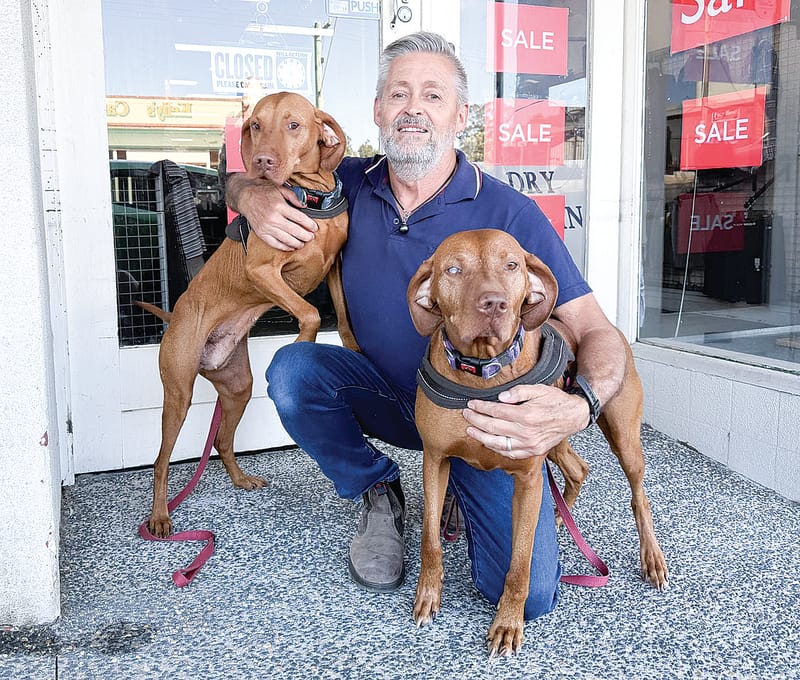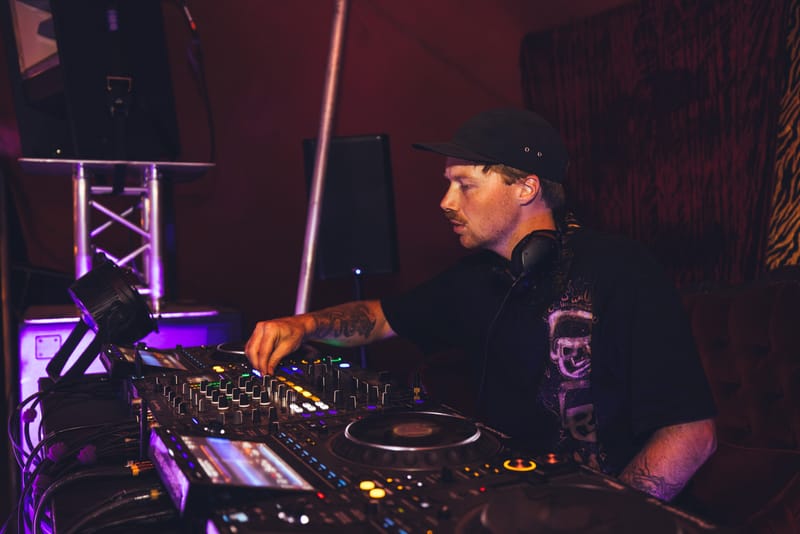‘Absolutely’ nothing wrong with our mushrooms, they say
GIPPSLAND mushroom grower, Josef Sestokas of Flooding Creek Fungi at Sale, is concerned the alleged mushroom poisoning incident at Leongatha, which left three people dead and another fighting for his life, may have already had a negative impact on...

GIPPSLAND mushroom grower, Josef Sestokas of Flooding Creek Fungi at Sale, is concerned the alleged mushroom poisoning incident at Leongatha, which left three people dead and another fighting for his life, may have already had a negative impact on the $460 million-a-year Australian mushroom industry.
However, an article in the Herald-Sun this week suggests there’s been a “surprising” uplift in sales of mushrooms at supermarket checkouts as people are reminded of the “natural superfood” qualities of mushrooms.
Either way, the Australian Mushroom Growers Association (AMGA) deputy chair Georgia Beattie has quashed any suggestion that mushrooms carrying the Australian-grown logo could ever pose a public health risk.
"It is absolutely impossible for a poisonous mushroom to be grown in an Australian Agaricus bisporus commercial farm," said Ms Beattie, referring to the most commonly grown species of edible mushroom.
"We make sure that every step along our growing process meets certification and a high level of health and safety standards.
"If you want to know that it's safe, look for the Australian-grown logo."
Speaking on ABC Country Hour this week, Josef Sestokas said consumers had nothing to fear from store-bought mushrooms, or accredited growers.
"None of us sell foraged fungi and it doesn't get into the food chain," he said.
"We only grow mushrooms from spawn that we buy from a commercial supplier. It's all tested and all of us are subject to the whole food safety system.”
But it hadn’t stopped some consumers challenging regional growers at country produce markets at the weekend.
He said the blanket media coverage of the unusual events surrounding the alleged mushroom deaths was likely to impact sales, if not the popular button and flat mushrooms available in supermarkets, then possibly the more exotic types grown by boutique growers throughout Gippsland, including here in South Gippsland and Bass Coast.
“We grow oyster mushrooms mostly but there are a couple of other varieties and we're doing Lion's Mane again, we've done it in the past and we’ve got some Turkey Tail and Reishi in the works and there's two main cultures involved.
“Oyster mushrooms we grow on straw and I'm about to inoculate some straw because it's been draining this afternoon and it's ready to bag,” he said.
Asked if he had heard of any concerns, among customers at local Farmers Markets, he said there had been some cautious sentiment.
“One of the other growers spoke to my wife and asked if we were copping it like she was copping it.
“Some people were genuinely concerned and asking us how we are going in relation to all of this,” said Mr Sestokas.
He said there had also been some overt criticism, which was tough to hear, given the efforts that went into certification and standards.
“Having said that, we've got a lot of love still from our regular customers and we always do, no questions asked.”
Among the varieties grown at Flooding Creek are Shiitake, Yellow Oysters, Elm Oysters, Baby King Oysters, Blue Shimeji, Pink Oysters, Pheonix Oysters, Reishi, Black Pearl Kings and Lion’s Mane.
Wattle Bank Farm, just outside Wonthaggi, which produces up to 100 kgs-a-week of mushrooms for both wholesale and retail markets, including some of Melbourne's and Gippsland's best restaurants, is advertising a two-day workshop on September 3, October 1, and November 5 showing people how to grow their own mushrooms at home, including some of the popular exotics, including how to build your own grow kit, which you can take home. You will also get to taste some of the mushrooms as well.
"We don’t forage wild mushrooms, nor teach people how to do this nor sell them in our business. We grow oyster mushrooms indoors. All the spawn from which we cultivate our mushrooms with have been purchased from a qualified expert supplier. In our lessons we teach people how to safely grow an oyster mushroom kit," said a spokesman for Wattlebank Farm.
Australians eat more than 70,000 tonnes of mushrooms a year and the Australian mushroom Growers Association, the peak industry body says they're closely monitoring the situation. Victoria and New South Wales lead production in an industry that's growing every year and is now worth more than $460 million a year.
The association says 47 growers produce the most common varieties; the button, flat, Swiss and portobello mushrooms in conditions that are closely monitored.
In a report in the Herald-Sun this week, claims by the suspect in the case, Erin Patterson, 48, of Leongatha that she bought the button mushrooms from a major supermarket in the Leongatha area, and a package of dried mushrooms (with a handwritten label) from an Asian grocer in the Mount Waverley area, where she is believed to own an apartment, have been heavily scrutinised.
The Herald-Sun said it had visited 11 Asian grocery stores in the Mount Waverley area who advised none of their produce had been recalled.
There has also been no recalls issued by Victoria’s Health Department, raising concerns about mushrooms.
Since the alleged poisoning incident, at a family lunch in Leongatha on Saturday, July 29, and the subsequent hospitalization of five people, three of whom died less than a week later, there have been several warnings about foraging for mushrooms.
CEO of the Leongatha Hospital Louise Sparkes reminded the local community of a Health Department warning, issued in April this year, about the dangers of eating wild mushrooms.
“It is very difficult to distinguish between poisonous and edible wild mushrooms, so the best advice is to only consume mushrooms purchased from a retail outlet,” Ms Sparkes said.
And Homicide Squad Detective Inspector Deam Thomas issued a similar warning when addressing on Monday, August 7, only days after the three Korumburra people had passed.
“I do ask people to out in the community to think about mushrooms that they may have picked out in the paddocks, on farms, whatever it might be. Please think about what they are and whether you should be eating them. My suggestion is if you haven't purchased them from a supermarket or something like that, perhaps stay clear of them.”





